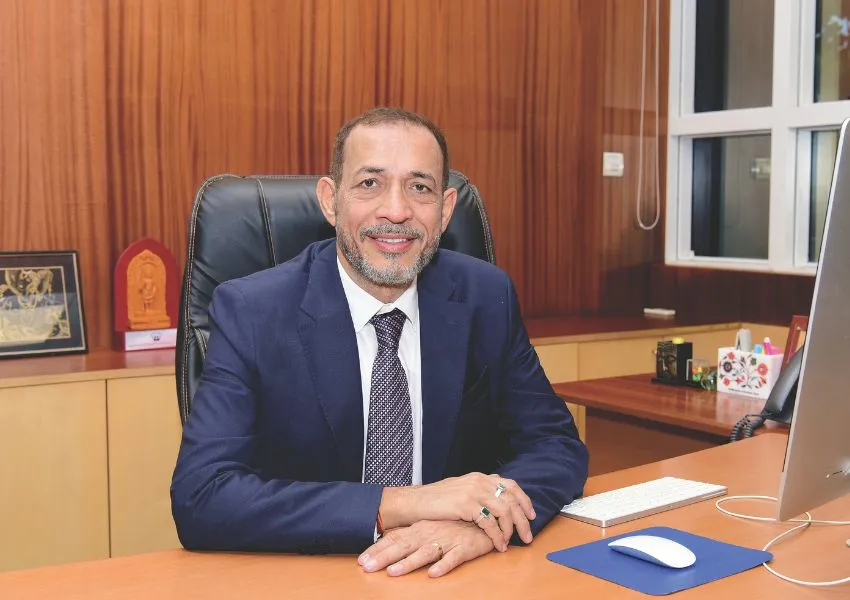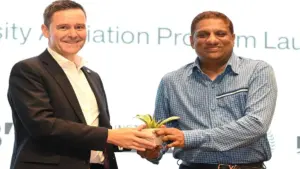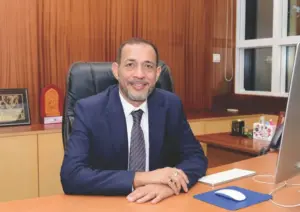Dr Rajeev Kumra, Director, TA Pai Management Institute (TAPMI), Manipal, tells BW Businessworld how TAPMI is addressing contemporary industry needs while fostering innovation, research, and sustainability in management education
“All faculty are expected to contribute to research, with clear expectations for publications in Australian Business Dean Council or Scopus-indexed journals”
How does TAPMI foster innovation and research as a business school?
TAPMI has developed a structured framework to encourage research and innovation among its faculty and students. The institute has placed its faculty members under distinct research tracks based on their prior research experience, as part of its faculty workload policy. Under this policy, all faculty are expected to contribute to research, with clear expectations for publications in ABDC (Australian Business Dean Council) or Scopus-indexed journals. These expectations are monitored annually to ensure consistent progress.
Faculty in the “research track” are given reduced teaching and administrative responsibilities, enabling them to focus on producing high-quality research. They are particularly encouraged to publish in ABDC A/A* journals, which are known for their rigorous peer-review standards, or in the top 50 journals recognised by the Financial Times (FT50). These publications require
innovative thinking, with a strong emphasis on the novelty and significance of ideas.
By prioritising such high-impact research, TAPMI fosters a culture of intellectual rigour and thought leadership, aligning with global standards and contributing to the management research community.
How is sustainability integrated into TAPMI’s curriculum?
Sustainability and environmental management have become integral to TAPMI’s curriculum, reflecting the institute’s commitment to responsible management education. These principles are embedded across core courses, electives, and experiential learning opportunities, ensuring students understand sustainable business practices holistically.
TAPMI actively participates in the UN Principles for Responsible Management Education (PRME) network, which promotes sustainability and ethical governance. One of its flagship initiatives, the SEVA course, engages students in real-world projects with local communities, where they design solutions for business challenges faced by small enterprises. This hands-on approach nurtures empathy and problem-solving skills while fostering sustainable development.
The TAPMI Centre for Inclusive Growth and Competitiveness serves as the hub for sustainability-related activities, driving projects that align with the United Nations Sustainable Development Goals (SDGs). Specialised modules on climate change, resource management, and waste reduction are designed to help students develop strategies that balance profitability with environmental and social impact. These initiatives encourage critical thinking, ensuring that graduates are equipped to lead financially successful and socially responsible businesses.
How are students prepared to handle work pressure and long hours?
The rigorous academic environment at TAPMI mirrors the demands of the corporate world, preparing students to thrive under pressure and manage long working hours. The institute employs case studies, collaborative projects, and time-sensitive tasks to develop resilience, time management, and prioritisation skills among students.
TAPMI also emphasises the importance of mental wellbeing, offering comprehensive support through initiatives like the Wellness@TAPMI programme and access to the student support centre at Manipal Academy of Higher Education (MAHE). Faculty mentors and career advisors provide personalised guidance on workload management, helping students develop coping mechanisms for high-stress situations.
To further enhance emotional intelligence and stress management, TAPMI conducts workshops on mindfulness and offers professional counselling services. These efforts ensure that students graduate as well-rounded individuals, equipped to handle the complexities of modern work environments.
What are the benefits and challenges of an Executive MBA?
An Executive MBA (EMBA) offers a unique opportunity for mid-career professionals to accelerate their growth and transform their careers. At TAPMI, the EMBA programme is designed to deliver cutting-edge knowledge while fostering strategic thinking and leadership skills. The curriculum encourages students to apply their learnings directly to their roles, creating immediate value for their organisations.
Learning alongside peers from diverse industries enriches the experience, enabling participants to exchange ideas and perspectives. The alumni network further enhances this dynamic, providing lifelong connections and opportunities for collaboration. However, balancing the demands of an intensive academic program with professional and personal commitments remains a challenge for many.
To address this, TAPMI has implemented a flexible programme structure supported by robust digital infrastructure. For example, its online MBA in Banking and Financial Services (BKFS) caters to working professionals, combining academic rigour with practical application. This approach ensures that students can tackle workplace challenges effectively, making the learning experience both relevant and impactful









